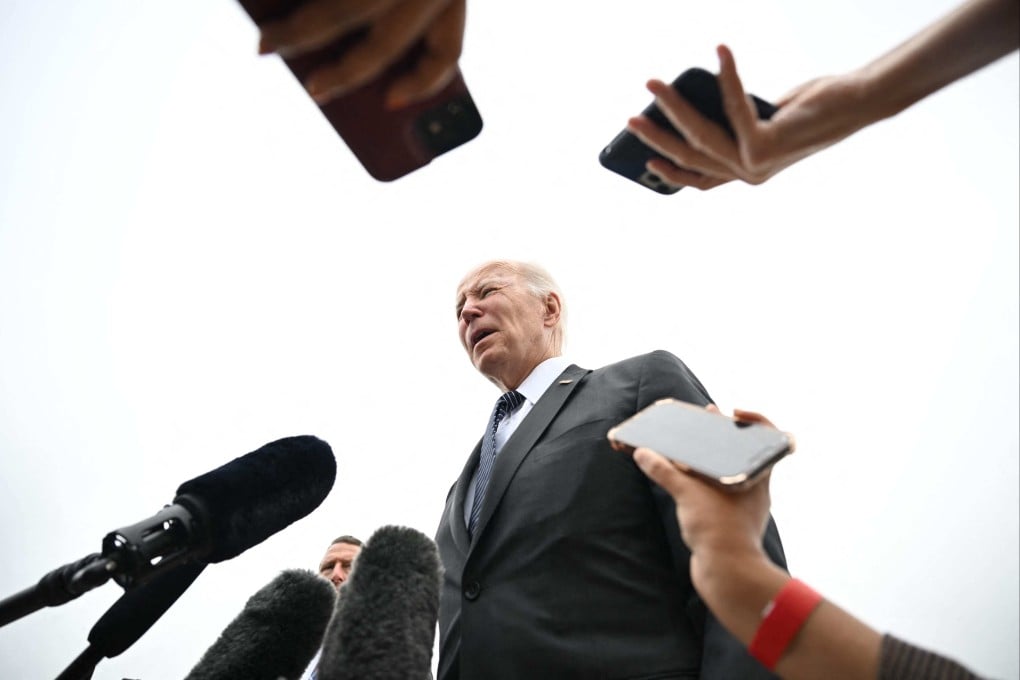US-China relations: Biden’s biotech plan has limited near-term impact on Chinese firms, consultants say
- The capital markets’ response was likely a ‘knee-jerk reaction’, despite concerns over the impact of Biden’s executive order on China’s biotech industry
- The biotech sector has emerged as another battlefront in the Sino-American tech war, as the Covid-19 pandemic disrupts drug and vaccine supply chains

The immediate impact of the US government’s new plan to strengthen its domestic biotechnology industry will be limited, according to consultants, despite worries that it could severely hurt Chinese companies in the sector.
Shares of Wuxi Biologics in Hong Kong slumped 20 per cent to HK$53.40 on Tuesday in its biggest decline in seven months, closing at HK$51.85 on Friday.
Pharmaron Beijing and Asymchem Laboratories Tianjin Co, two other Hong Kong-listed Chinese pharmaceutical companies, saw their shares drop 15 per cent and 11 per cent, respectively, from the previous week’s close.
While some investors fear the US move could signal further decoupling between the world’s two largest economies, the capital market’s response was probably a “knee-jerk reaction”, given the number of companies unrelated to biotech that were caught in the sell-off, said Helen Chen, Greater China managing partner for L.E.K. Consulting, an international consultancy.
